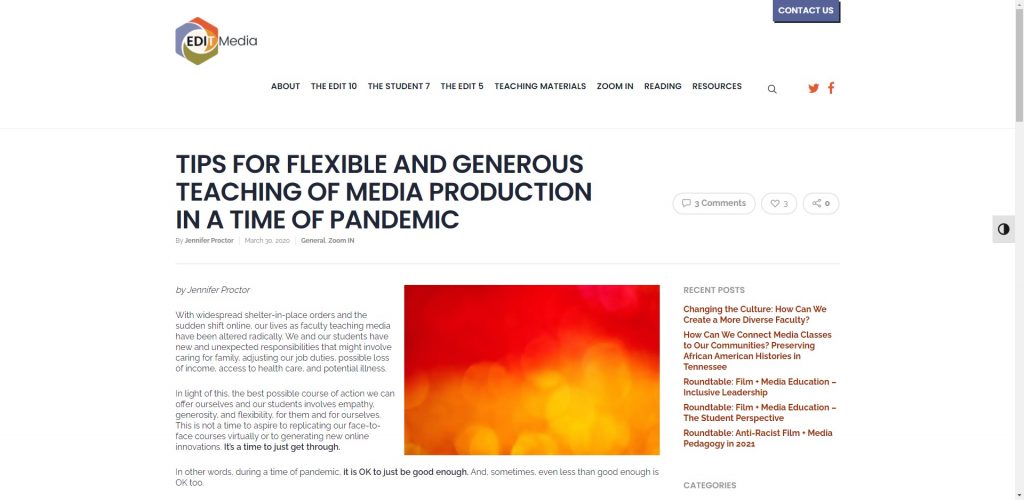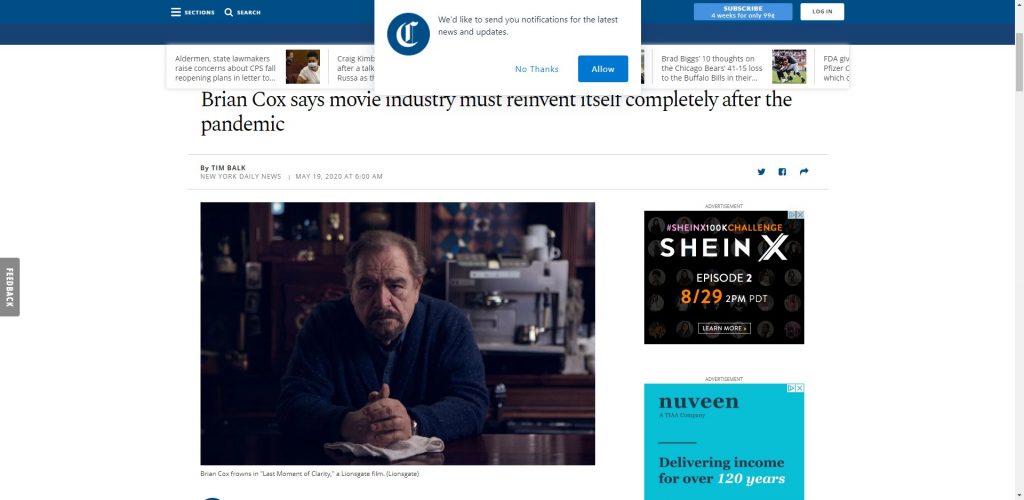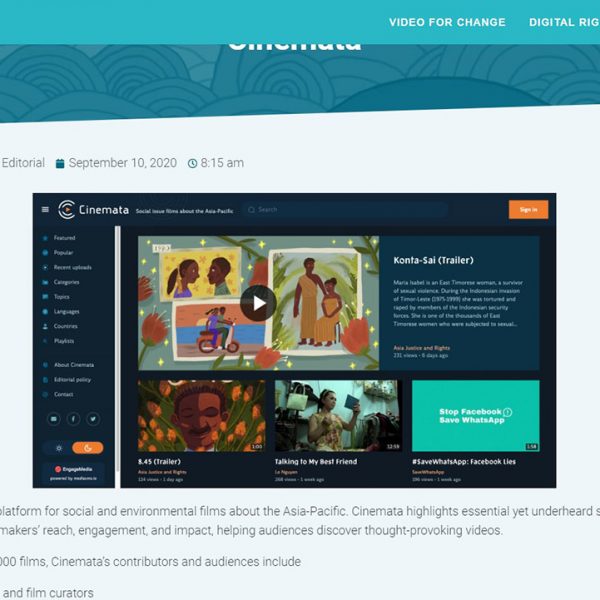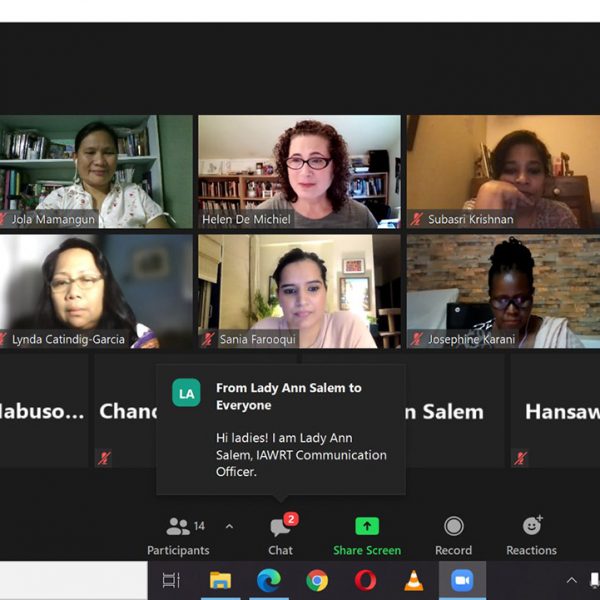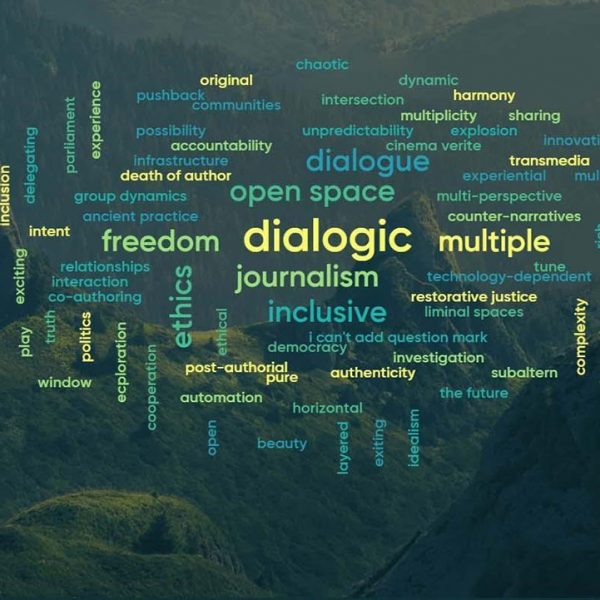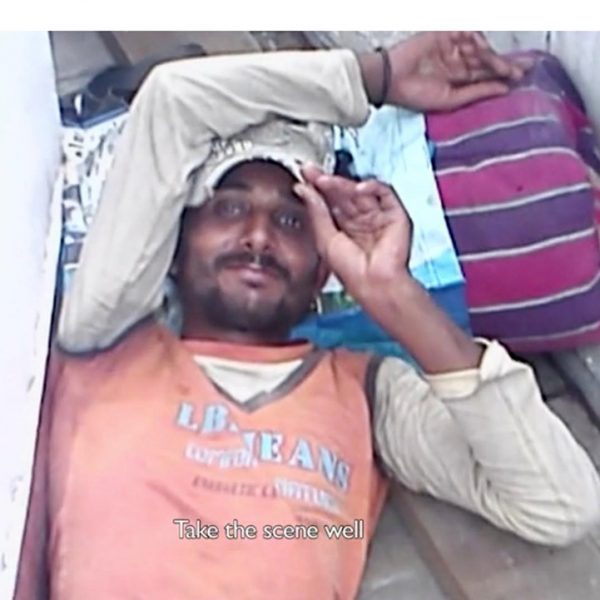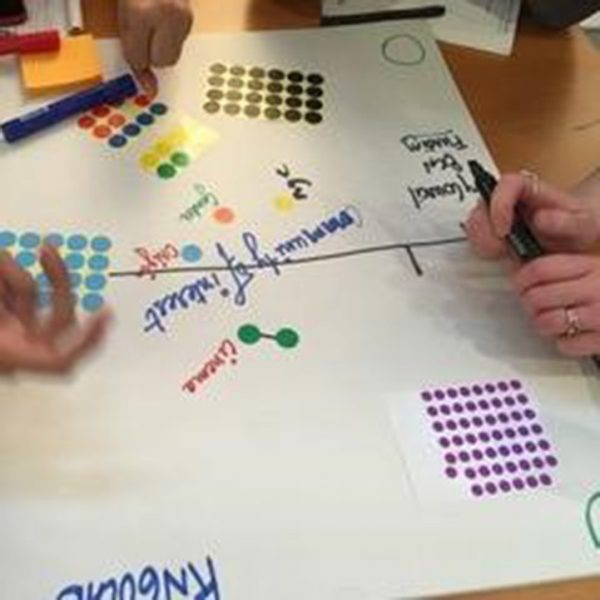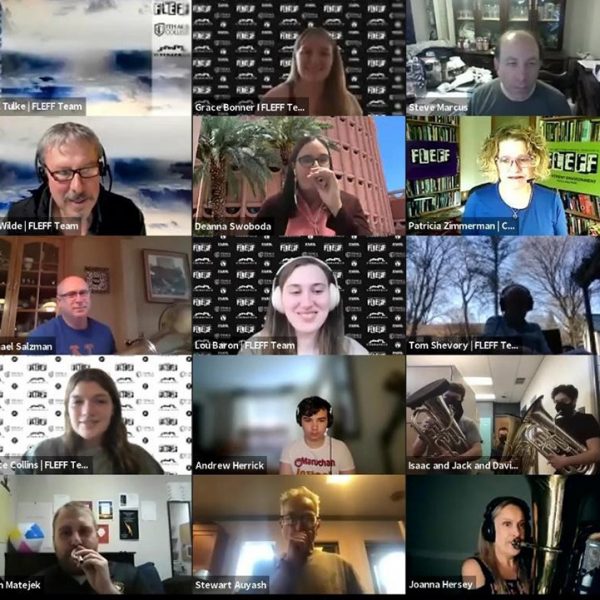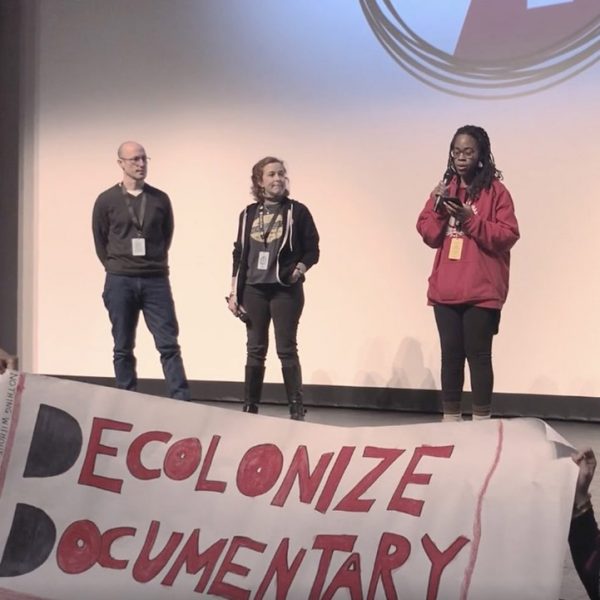The coronavirus upended this utopian vision because viral mutations are disruptive forces. They are weighty, messy, and extend the dystopic arteries of this pandemic in which closure is not guaranteed.
In the arena of public opinion, the paradox of this pandemic is that nobody really knows what life will look like in a post-pandemic environment. We can speculate but that is about all we can do.
COVID-19 is writing the narrative of the future in a cold, non-discriminatory way. Meaning, COVID’s global reach has upturned every nation-state on the planet while simultaneously unleashing havoc on the most vulnerable and disenfranchised communities within and across the boundaries of nation-states. There is a strong possibility that COVID and its variants will co-exist with humanity for a long time, maybe forever, as it becomes endemic.
The exponential growth of its political weaponization by the philistines in our midst are helping to craft a narrative which can only fortify COVID’s existential threat to life and to the institutions of civil society.
So, how do we live with this virus? How should we structure environments of learning in the context of pandemics? The universal options of in-person, hybrid, or remote teaching tend to focus on how to deliver existing curriculum effectively.
These teaching modalities address faculty’s moral obligation to deliver the programs with which they are charged. As such, these modalities constitute one side of the equation. The other has to do with the structure, form, and content of the curriculum that is to be delivered.
Recently, a provost at a Research 1 university asked the question: What is a degree? This wasn’t a rhetorical gesture or slip of the tongue. To the contrary, it was a poignant question posed in the context of the pandemic. The implication of this question is yet to be addressed. If the predictions of virologists are correct, then future pandemics will make this question even more urgent.
Beyond the familiar social disruptiveness of pandemics are immense possibilities for new ways of thinking and doing in the academy. Why? Because the pandemic has systematically broken everyone down and proven conclusively that it can disrupt institutional arrangements such as traditional methods of in-person classroom teaching and related modes of curriculum delivery that currently exist on college campuses.
It should be noted that COVID’s disruptive force has traversed beyond institutional arrangements, in the sense that it has negatively impacted the institutional foundations and fiscal certainties of most universities and colleges. Those institutions that have not been completely undone by COVID will most likely survive, but survival is contingent upon a reset. This means that in the future colleges and universities will have to reconfigure, reconstitute, and reinvent paths of structural and epistemic renewal.
Now is an opportunity to rethink institutional frameworks, documentary pedagogy, and environments of learning to allow faculty, students, and administrators to be better equipped to work in pandemic environments.
This requires strategic interventions by faculty because we are the agents charged with developing curriculum content and structure. Designing new course proposals or modifying current courses—things that faculty were constrained from doing because of bureaucratic proclivities or epistemic hostilities—are now a greater possibility.
COVID has positioned faculty to initiate radical transformation of their documentary curriculum through the lens of decolonizing knowledge production and approaches to teaching critical thinking and media production. A central tenet of this decolonial effort is the principle of co-creation, of teaching the ethics of collaborative practice in the shifting contexts of moving image production.

